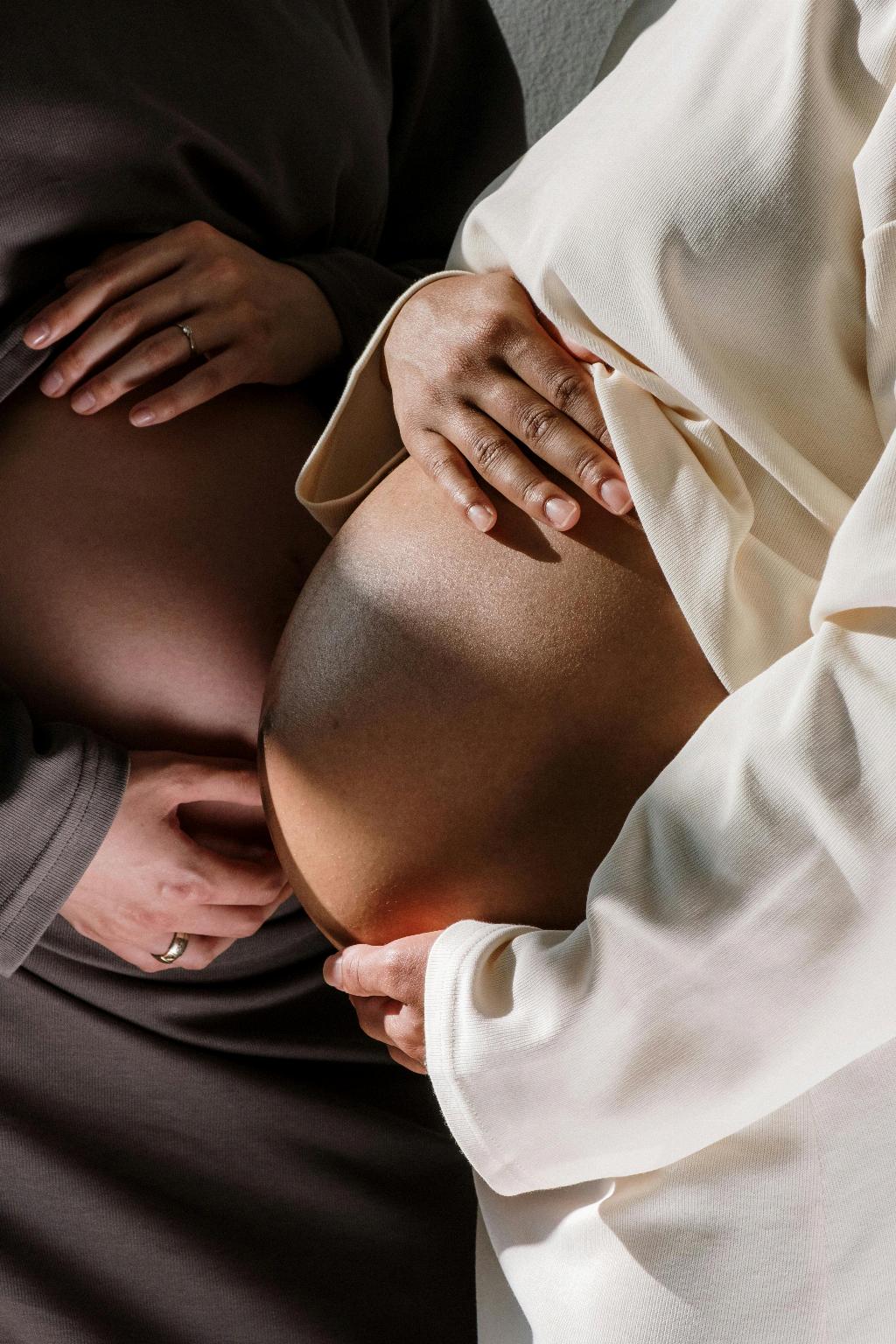When it comes to pregnancy, ensuring proper nutrition is crucial for both the health of the mother and the developing baby. Prenatal vitamins are a common recommendation to help meet the increased nutrient needs during pregnancy. However, some women may experience side effects from taking prenatal vitamins, one of which is the occurrence of black stool.
It’s important to note that not all women who take prenatal vitamins will experience black stool. Most women follow the recommended guidelines provided by their healthcare provider and do not encounter this issue. However, for those who do notice black stool while taking prenatal vitamins, it can be a cause for concern and may lead to questions about its potential implications.
Iron Content in Prenatal Vitamins
One of the key components of prenatal vitamins is iron. Iron is essential for the production of hemoglobin, which carries oxygen to the body’s cells. During pregnancy, the body’s demand for iron increases to support the growing fetus and the mother’s expanded blood volume.
While iron is vital for a healthy pregnancy, it can also lead to certain side effects such as constipation and dark stool. When iron is consumed in excess or not fully absorbed by the body, it can cause the stool to appear black or tarry in consistency. This change in stool color is often attributed to the presence of iron and is considered a common side effect of iron supplementation.
Other Factors Contributing to Black Stool
Aside from iron supplementation, there are other factors that can contribute to the development of black stool during pregnancy. One common culprit is the intake of certain foods or medications that may interact with the body’s digestive processes and lead to changes in stool color.
For example, consuming foods high in iron, such as leafy greens or red meat, along with taking prenatal vitamins could intensify the darkening of stool. Additionally, certain medications or supplements taken concurrently with prenatal vitamins may also influence stool color and consistency.
When to Consult a Healthcare Provider
Experiencing black stool while taking prenatal vitamins should not be ignored, especially if it persists or is accompanied by other concerning symptoms. If you notice persistent black stool, abdominal pain, or other unusual changes in your bowel habits, it is advisable to seek guidance from your healthcare provider.
Your healthcare provider can assess your individual situation, review your dietary habits, medication regimen, and prenatal vitamin dosage to determine the underlying cause of black stool. In some cases, they may recommend adjustments to your prenatal vitamin or diet to alleviate the issue and ensure your overall well-being.

